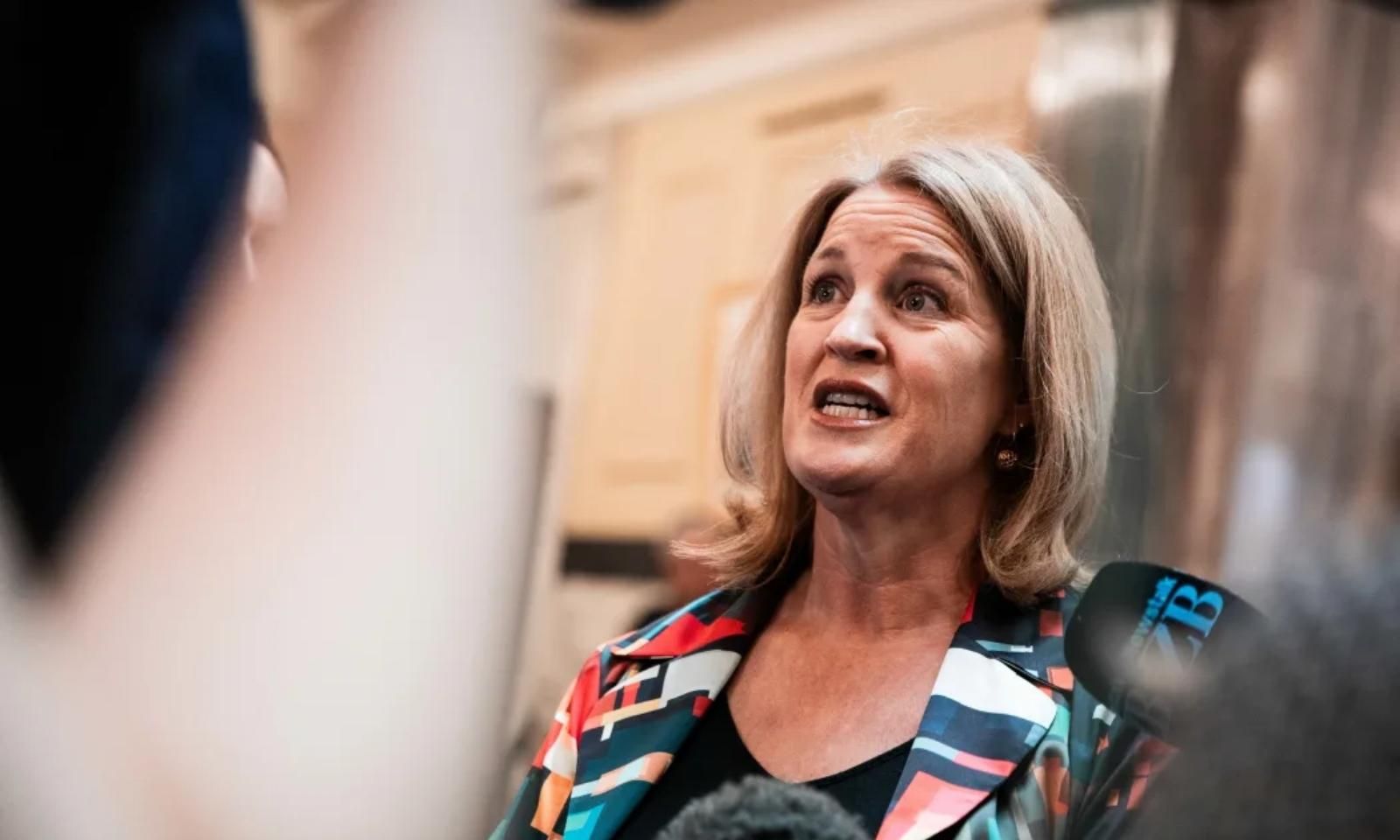

Green MP Ricardo Menéndez March condemns the upcoming change, saying it will leave 13,200 families worse off by up to $200 per week.
Photo/PMN News.
Khalia's Kupu: Punished for making ends meet
Counting boarder income in benefit calculations will only make it worse for struggling families.


Ōtautahi's 1 Drop Nation celebrates brotherhood and legacy in new music



Lineup for Miss Pacific almost complete after Fiji, PNG crown queens

Ōtautahi's 1 Drop Nation celebrates brotherhood and legacy in new music


The looming inclusion of boarder income in benefit deductions is another kick in the teeth for lower-income families trying to make a buck.
As someone who spent several years on the benefit as a solo mum, I hosted homestay students to help make ends meet. My toddler would be bundled into my room to create space, and for several weeks or months, we'd get to know someone from a different culture.
The income would sometimes cover almost half our weekly rent, and during that time, I'd be able to justify small luxuries like buying cheese or ice cream at the beach or standing in the shower for an extra minute after a stressful day.
I realise that having a spare room to rent out is an option many don't have, but it felt like a passive and legal way to earn extra cash during a really difficult time when I was only picking up small jobs here and there.
But that option is being scrapped.
From March next year, any income received from having a flatmate or boarder will be included when Work and Income (WINZ) calculate housing subsidies, such as the accommodation supplement or temporary additional support.
The Green Party is already warning that this will have a disproportionate impact on poorer households, namely those with Pacific, older, Māori, disabled and/or young occupants. Ricardo Menéndez March, the party's housing spokesperson, has condemned the upcoming change, saying the policy shift will leave 13,200 families worse off by up to $200 per week.
In a press release, he says income from boarders, which was partially exempt because the Ministry of Social Development (MSD) understood these boarders were often family members, now fully counts against eligibility.
The reasoning for the change is that it will stop double-dipping, where two people in the same household are both getting WINZ help for housing costs. The political penny-pinching will also quietly save the government $150 million over four years.

Minister for Social Development Louise Upston has rejected warnings by officials that the new sanctions could risk increasing financial hardship. Photo/RNZ/Samuel Rillstone.
However, the MSD report warns that any savings will likely be overestimated because people will need hardship assistance and emergency housing due to this change. Among changes to pay equity claims, this is another financial blow that our women and lower-wage earners expect to absorb.
I don't get it. The Government is sending a message of “let's punish people for being proactive about their financial situation, let's punish households who are letting a family member pay board, and possibly contributing to child care and bills.
“Let's instead make it harder for people who are already struggling to pay rent and push them into housing insecurity and worsen our overcrowding stats.”
While I'm grateful to have the days of solo parenting firmly in the rearview mirror, the financial struggle is a daily, ongoing reality for others.
A reality that our decision makers seem to be more and more removed from. Lucky them.
That’s Khalia's Kupu.